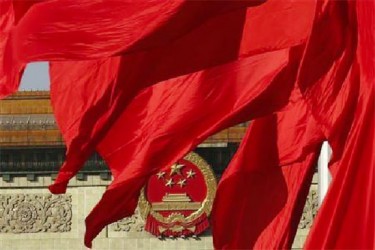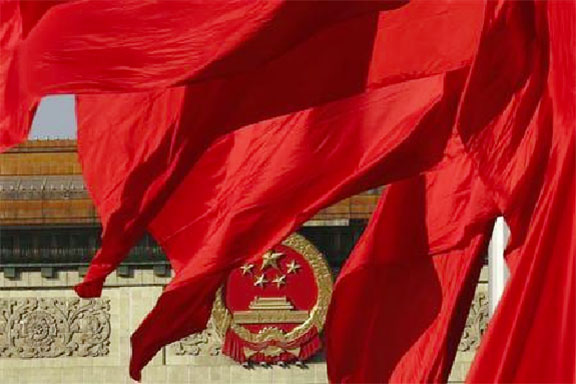BEIJING, (Reuters) – China unwrapped its boldest set of economic and social reforms in nearly three decades yesterday, relaxing its one-child policy and further freeing up markets in order to put the world’s second-largest economy on a more stable footing.

The sweeping changes helped dispel doubts about the leadership’s zest for the reforms needed to give the economy fresh momentum as three decades of breakneck expansion shows signs of faltering. However, the reforms may take years.
A document released by the Communist Party following a four-day conclave of its senior leaders promised land and residence registration reforms needed to boost China’s urban population and allow its transition to a western-style services- and consumption-driven economy.
Pricing of fuels, electricity and other key resources – now a source of major distortions – would be mainly decided by markets, while Beijing also pledged to speed up the opening of its capital account and further financial liberalisation.
“The reforms are unprecedented,” said Xu Hongcai, senior economist at the China Centre for International Economic Exchanges, a well-connected Beijing think tank. “Reforms in 1990s were limited to some areas, now reforms are all-round.”
Analysts suggested the plans are the most significant since Deng Xiaoping led a series of reforms in the late 1970s and the early 1980s. Those changes eventually opened up the country to the outside world and set it on course to become the champion economy of emerging markets.
President Xi Jinping and Premier Li Keqiang, appointed in March, announced several breakthroughs in social policy, pledging to unify rural and urban social security systems and to abolish controversial labour camps.
The 60-point plan, more comprehensive and specific than initially thought, also eased concerns that Xi would need months if not years to take full charge of China’s vast party and government bureaucracy.
China-watchers took the establishment of a working group to lead economic reform and a new State Security Council as further signs of how effectively Xi had managed to consolidate power just eight months after he officially took over.
“This is much more of a top-down, systemic leadership compared to the 1980s and 1990s. Compared to previous generations, this is a remarkably robust leadership,” said Dali Yang, a political science professor at the University of Chicago.
CAUTION
Still, Xi and his team gave themselves until 2020 to achieve “decisive” results – a tacit acknowledgement of the risks involved in Beijing’s balancing act between letting market forces eventually take over and preserving financial and social stability and the Communist Party’s political monopoly.
The experience of the past decade is also a reason why many economists and international observers view Beijing’s bold reform plans with guarded optimism. Just like Xi and Li, the previous leadership promised to overhaul China’s economy and kick its addiction to rapid, investment and credit-fuelled growth, but left it saddled with more debt, industrial overcapacity, pollution and financial strains.

